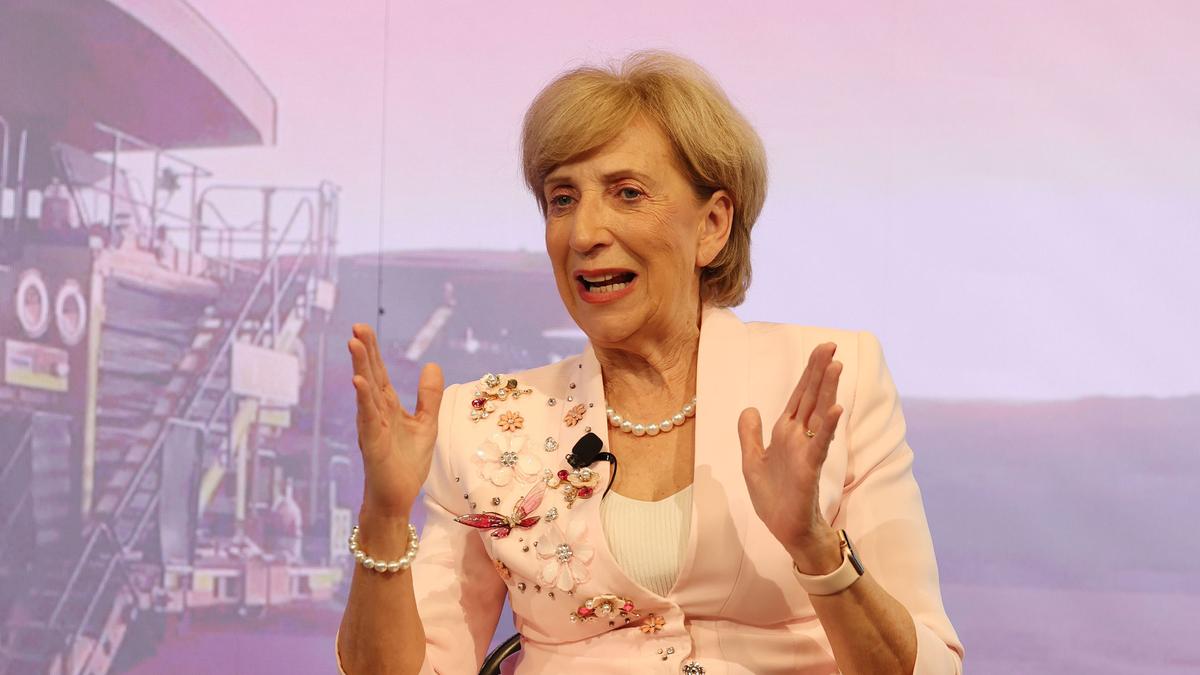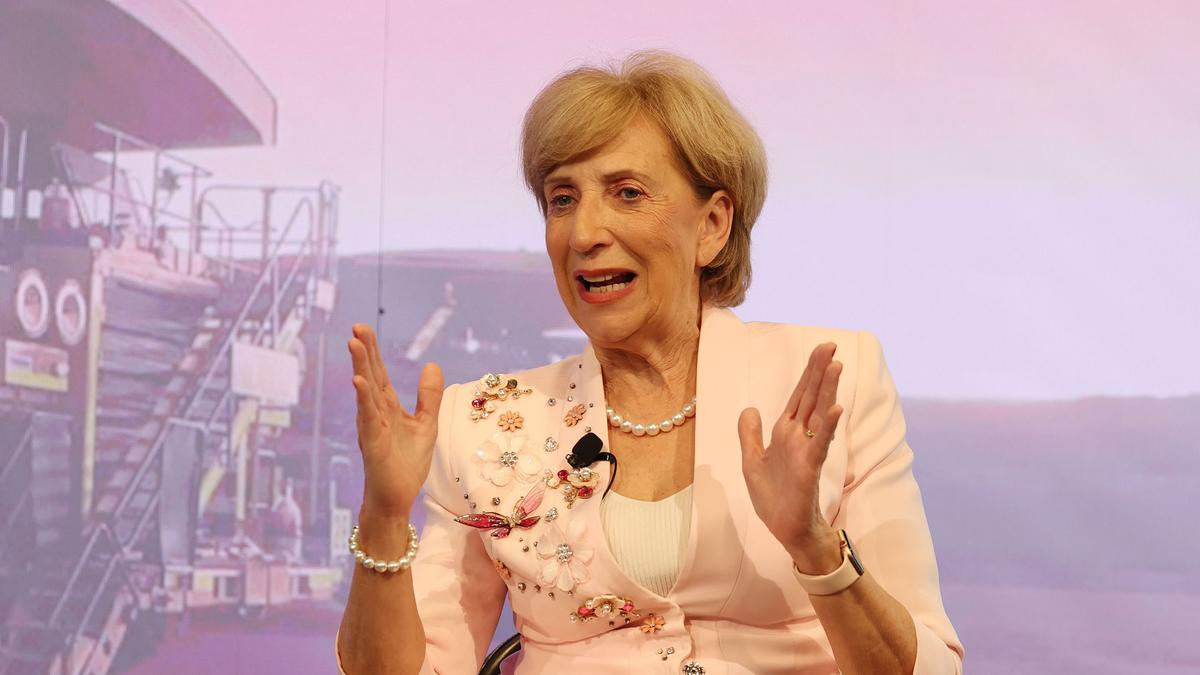
Former President Donald Trump and Israeli Prime Minister Benjamin Netanyahu have unveiled a new peace initiative aimed at stabilizing and redeveloping Gaza. This proposal, which marks a significant step in U.S.-Israeli relations, designates Trump as the initial leader in the redevelopment efforts. The leaders expressed strong agreement that this plan represents the most viable path forward to achieve lasting peace in the region.
The initiative comes at a time when tensions in Gaza remain high, and it raises questions about the role of Hamas, the governing body in Gaza that was not involved in the negotiation of this proposal. The effectiveness of this plan largely hinges on whether Hamas will accept terms set by parties outside its leadership.
Expert Insights on the Peace Plan
According to Guy Ziv, an associate professor at the School of International Service at American University, the success of this peace plan is uncertain. Ziv emphasizes that without engaging Hamas in the discussions, the likelihood of long-term acceptance and implementation of the plan is questionable. “For any peace plan to be effective, it must include all relevant stakeholders,” Ziv stated.
The plan outlines a multi-phase approach, starting with humanitarian aid and infrastructure development in Gaza. Initial funding and resources are expected to come from the United States, with a focus on rebuilding essential services and fostering economic growth. The leaders believe that by improving conditions in Gaza, they can create a more conducive environment for peace negotiations.
While the agreement between Trump and Netanyahu has generated optimism, skepticism remains among analysts and regional experts. Many argue that the plan lacks comprehensive engagement with all parties involved in the conflict, particularly Hamas, which has historically resisted external influences in its governance.
Broader Implications for Middle East Diplomacy
This peace initiative is not just a bilateral effort; it reflects broader diplomatic strategies in the Middle East. The United States aims to reinforce its role as a key mediator in the region while bolstering Israel’s security against perceived threats. The geopolitical landscape is further complicated by the interests of neighboring countries and the long-standing Palestinian quest for statehood.
As the plan unfolds, observers will closely monitor its reception among Palestinian factions and regional players. The coming weeks will be critical in determining whether this initiative can pave the way for meaningful dialogue or if it will exacerbate existing tensions.
The reaction from the international community will also play a significant role in shaping the plan’s future. The potential for renewed conflict looms if key stakeholders feel sidelined or if the humanitarian situation in Gaza does not improve as promised.
In conclusion, while the Trump-Netanyahu peace plan for Gaza holds promise, its success is contingent on inclusive dialogue and the active participation of all parties involved. The stakes are high, and the world watches closely as this initiative takes shape.






